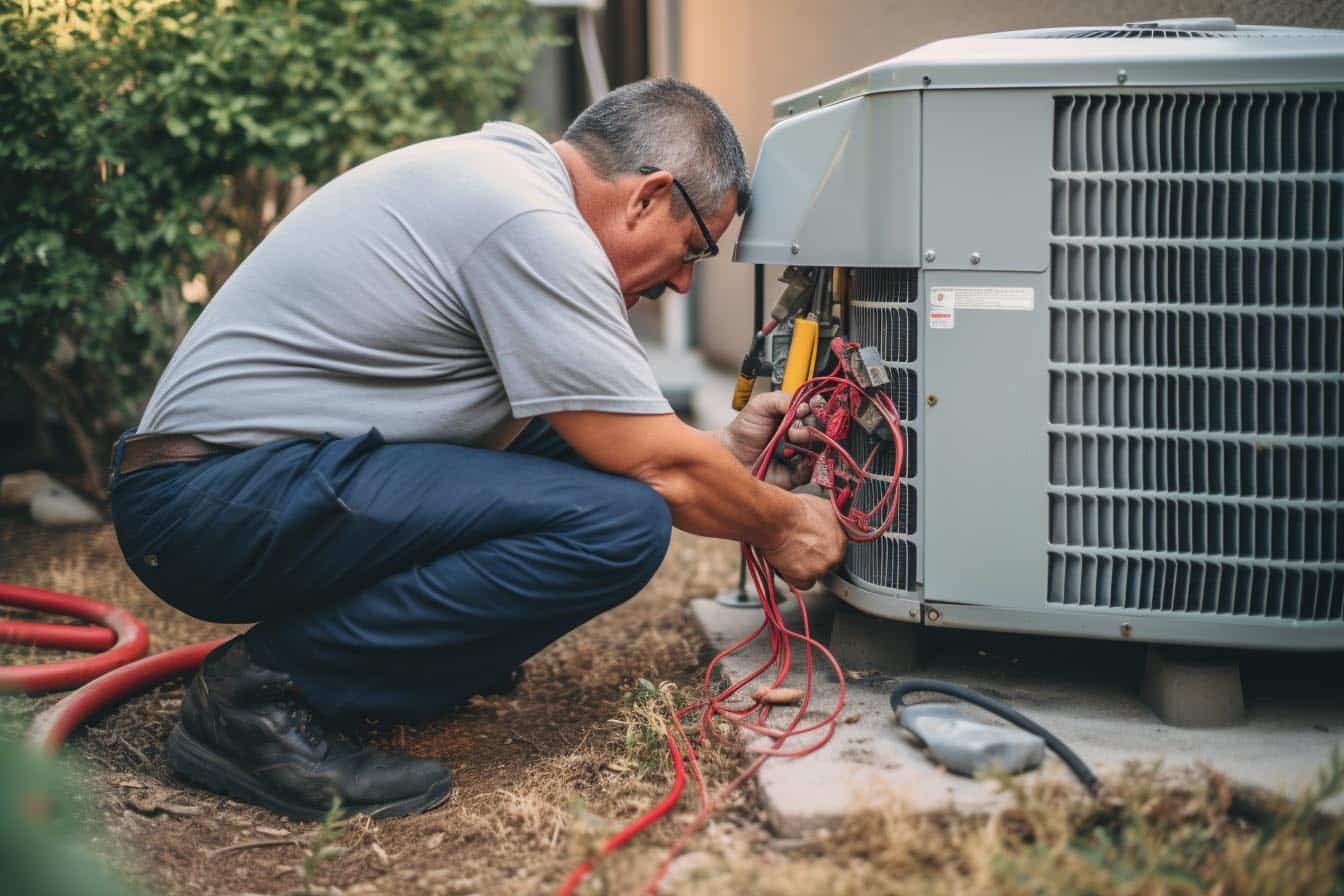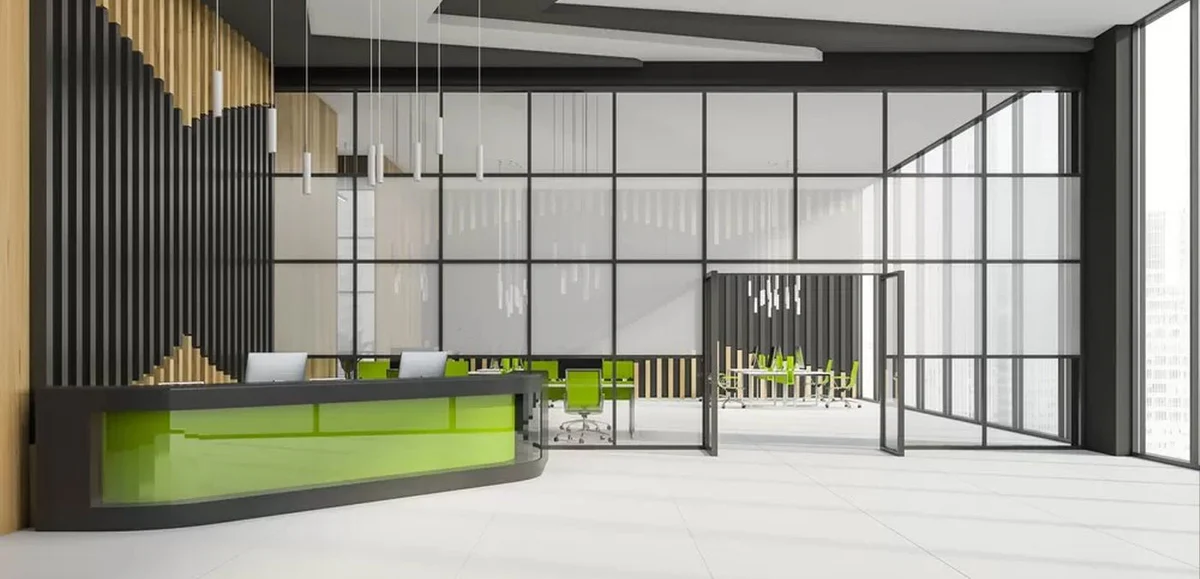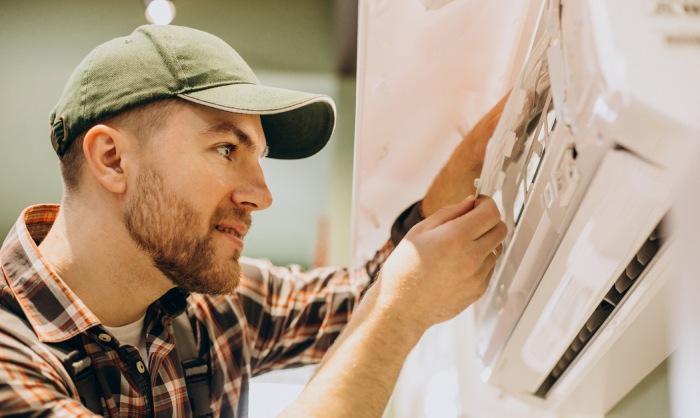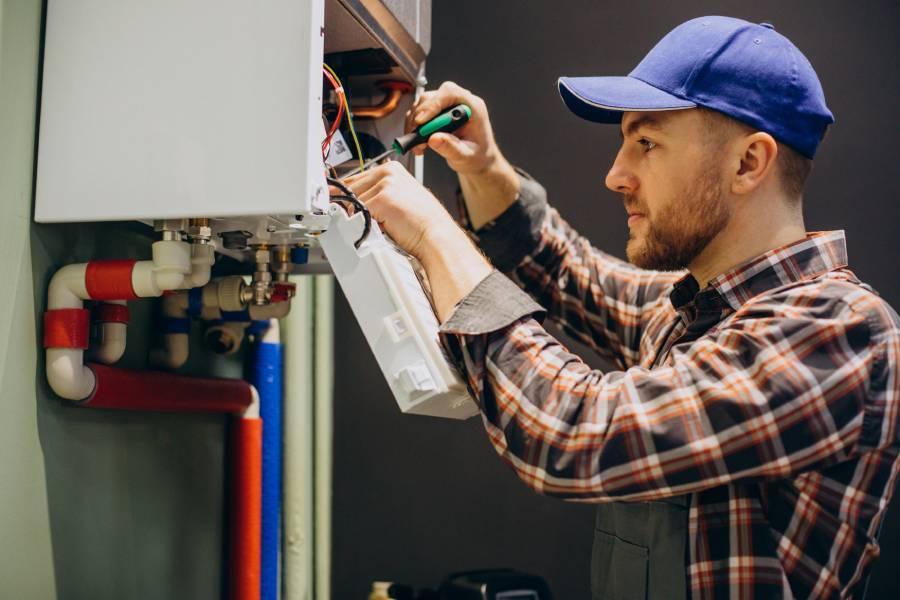When the temperatures drop in Peoria, AZ, a working heating system is essential. A sudden breakdown can leave you scrambling for a solution, especially during the colder months when you rely on your heater the most. Understanding what qualifies as an emergency, common heating problems, and what you can do while waiting for a technician can make a significant difference.
What Qualifies as an Emergency Heating Repair?
Not every heating issue requires immediate attention, but some situations demand urgent repair. Here are a few signs that you need emergency heating services:
- No Heat at All: If your heating system stops working entirely, especially during a cold spell, it can create an unsafe environment, particularly for young children, elderly individuals, and those with health conditions.
- Strange Smells: A burning smell when you first turn on your heater may be normal, but if you notice a persistent burning or gas-like odor, turn off the system and seek help immediately.
- Unusual Noises: Loud banging, grinding, or screeching noises coming from your furnace or heat pump often signal serious mechanical problems that can worsen if ignored.
- Frequent Cycling: If your heating system keeps turning on and off without maintaining a steady temperature, it may be struggling due to an underlying issue, such as a malfunctioning thermostat or clogged filters.
- Carbon Monoxide Detector Alert: If your carbon monoxide detector goes off, leave the house immediately and contact emergency services. Carbon monoxide leaks can be life-threatening.
Common Heating System Issues That Require Immediate Attention
Your heating system can fail for several reasons. Some of the most common emergency issues include:
1. Thermostat Malfunction
A faulty thermostat can prevent your heating system from turning on or cause it to run continuously. If adjusting the thermostat doesn’t restore normal function, the issue may need professional troubleshooting.
2. Dirty or Clogged Filters
A clogged air filter restricts airflow, forcing your heater to work harder. This can lead to overheating and unexpected shutdowns. Regular filter replacements help prevent this issue.
3. Pilot Light or Ignition Failure
Gas furnaces rely on a pilot light or electronic ignition to start. If these components fail, your system won’t produce heat. A broken thermocouple, faulty ignition switch, or gas supply issue could be the culprit.
4. Blower Motor Failure
The blower motor pushes warm air through your home’s ducts. If it stops working, your heater may run, but the air won’t circulate properly. Loud humming or no airflow are signs of a failing blower motor.
5. Frozen or Clogged Pipes
In rare instances, extreme cold can cause condensation buildup in heat pumps to freeze. This can lead to restricted airflow and reduced efficiency. Blocked or frozen pipes may prevent heat from being distributed effectively.
6. Electrical Issues
A tripped breaker or faulty wiring can cut power to your heating system. If resetting the breaker doesn’t work, you may need professional repairs to fix underlying electrical problems.
What You Can Do While Waiting for Emergency Repair
If your heating system fails, you may have to wait for a technician to arrive. In the meantime, there are steps you can take to stay warm and prevent further damage:
- Check the Thermostat: Ensure it’s set to heat mode and that the temperature is set high enough to trigger the system.
- Inspect the Air Filter: If the filter is dirty, replacing it might restore airflow and improve efficiency.
- Reset the Circuit Breaker: If a power surge tripped the breaker, resetting it may restore power to your heater.
- Use Alternative Heat Sources: Layer up with blankets, use space heaters safely, and keep doors closed to retain warmth.
- Turn Off the System if You Smell Gas: If you suspect a gas leak, leave your home immediately and call for emergency assistance.
How to Prevent Emergency Heating Repairs
The best way to avoid heating emergencies is through regular maintenance and early detection of issues. Here are a few steps to keep your system running smoothly:
- Schedule Annual Inspections: Having your heating system checked by a professional before winter can help catch potential problems early.
- Replace Filters Regularly: Change air filters every one to three months to maintain good airflow and prevent strain on the system.
- Check for Unusual Noises or Odors: Addressing minor issues before they become major repairs can save time and money.
- Keep Vents and Registers Clear: Blocked vents can restrict airflow and cause your system to work harder than necessary.
- Monitor Your Energy Bills: A sudden spike in heating costs may indicate inefficiency or a developing problem.
When to Call for Professional Help
If you experience any of the emergency signs mentioned above, it’s best to call a qualified heating technician as soon as possible. Prompt repairs can prevent more extensive damage and ensure your home stays warm and safe during cold weather.
Emergency heating problems can be stressful, but knowing what to look for and how to respond can make a difference. With the right steps and regular maintenance, you can reduce the chances of unexpected breakdowns and keep your heating system in good condition all winter long.











